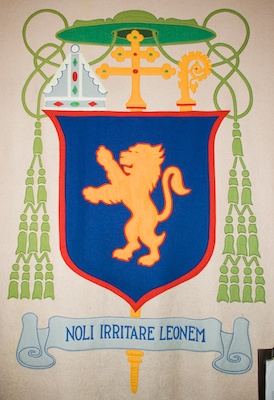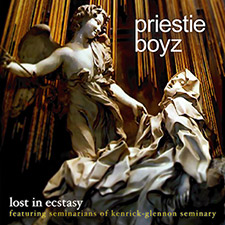A few years ago, I remember a certain dispute over a restaurant coming into the city of Florissant (where I lived until I was 18). This restaurant (which shall not be named, but is known for busty waitresses and 'irreverence') wanted to have a location in the City of Florissant, but was voted down for moral concerns by the city council at the time.
Regardless of whether or not I supported this restaurant (I did not, and voiced my own concerns at a council meeting), I was highly alarmed by a statement one of the council members made in reference to my concerns: "I cannot legislate morality!"
The problem is, you can... and in fact, every single law that our society (and every society) is built opon is law built upon morality. So, maybe what this council member meant to say is "You can only legislate morality—yours or mine!" (that would be more truthful).
A speech given by Archbishop Chaput at the University of Notre Dame this week prompted the memory I recalled above:
"There is no such thing as morally neutral legislation or morally neutral public policy," he said. "Every law is the public expression of what somebody thinks we ought to do. The question that matters is this: Which moral convictions of which somebodies are going to shape our country's political and cultural future?" (Source).
Let's take, for example, the law that states you must obey posted speed limits. This law is meant to make driving safer for everyone on the roads. Without it, someone might be going too fast, relative to the cars around him, and could end up hitting another car, causing harm to another person and himself. Our society believes, then, that individual freedom to choose a speed at which to drive is not as important as saving another person from potential harm. On a basic level, what the speed limit says is: "Persons should not be harmed."
Therefore, limiting the speed of travel on US roadways is moral legislation.
Take any law, anywhere, and on a basic level, you'll discover a moral belief that is being protected: "Natural resources should be protected," in reference to any law dealing with conservation. "Every company should have a chance at success," in reference to anti-monopoly laws.



